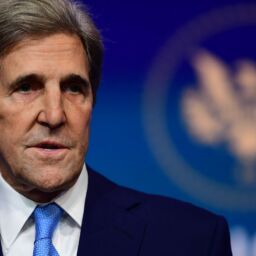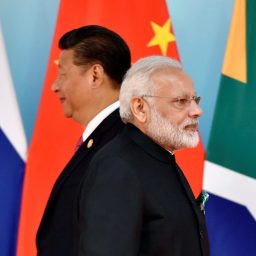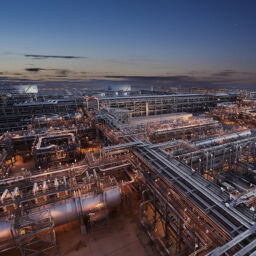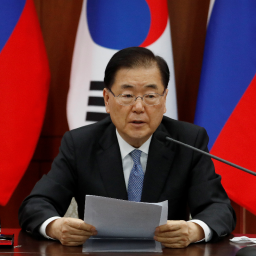Hungary’s Ambitious Leap: Battery Production, Orban’s Vision and Beyond

Photo: Unsplash
Hungary, a small landlocked nation in Central Europe, is emerging as a surprising global powerhouse in one of the most promising industries of the twenty-first century: battery production. The country’s growth rate in this field is not just remarkable on an absolute scale, but also when viewed on a per capita basis. However, the remarkable drive to boost Hungary’s battery production is not merely an economic endeavor. Prime Minister Viktor Orban’s vision transcends the ordinary realms of industry and economics, aiming to position his nation as a crucial player in the global arena. Over the past few years, Hungary has witnessed a breathtaking surge in its battery production. According to the latest reports, no country in the world is growing its battery production faster than Hungary on a production/capita basis. This surge is primarily attributed to the strategic initiatives taken by the government, favorable investment climate, and the strategic geographical location of the country in the heart of Europe. Several high-profile companies, including SK Innovation and Samsung SDI, have established their manufacturing plants here. Furthermore, the Hungarian government is actively working to attract more foreign direct investment (FDI) into this sector. The proliferation of electric vehicles and the growing demand for energy storage solutions are the crucial market drivers that Hungary is leveraging to fuel its growth.
While the economic implications of becoming a major global battery producer are evident, Prime Minister Viktor Orban’s plans for Hungary’s battery industry are far-reaching. They involve not only wealth generation and job creation but also a comprehensive reshaping of Hungary’s global standing and strategic significance. Firstly, by becoming one of the world’s largest battery suppliers, Hungary could gain considerable influence over the global electric vehicle market. This market is poised for explosive growth due to the international push for sustainable and clean energy. Thus, Hungary’s dominance in battery production will offer it significant leverage over an industry that is fast becoming a cornerstone of the global economy. Secondly, this move aligns with Orban’s broader vision of “Eastern Opening”, which aims to strengthen Hungary’s ties with Asia’s economic powerhouses. Battery production is a key industry for countries like China, South Korea, and Japan. By becoming a significant player in this field, Hungary can forge stronger economic and strategic alliances with these countries. Thirdly, Orban’s plan is also about national pride and autonomy. By developing a home-grown industry that is at the forefront of technological progress, Hungary can reduce its dependence on foreign powers and assert its independence on the global stage. This aligns with Orban’s vision of a strong, independent Hungary, capable of standing its ground in the face of external pressures. Hungary’s rapid ascent in the realm of battery production is undoubtedly an economic success story. However, the vision driving this growth – as articulated by Prime Minister Orban – extends beyond the economic sphere. It is about strategic positioning, forging new alliances, fostering national pride, and affirming Hungary’s place in the world. In this light, Hungary’s battery production surge is not just an industrial achievement, but a manifestation of its broader national aspirations. As the world transitions to a greener future, Hungary’s role could be pivotal, and its success could reshape not just its economy, but its standing on the global stage.
By Sara Colin
















